Turner and his Alpine paintings are back in Switzerland
The Alps were always considered a rocky, icy – and deadly – wasteland. It took the genius of artists like J.M.W. Turner to transform the jagged peaks into a mythical and aesthetically pleasing primeval landscape. A new Swiss exhibit displays his Alpine work.
In 1802, a young Briton travelled through Switzerland. His name: Joseph Mallord William Turner. His destination: the Alps.
From western Switzerland to Bern, Thun and finally via Brienz to Grindelwald; later from Lucerne to the Devil’s Bridge and Schöllenen Gorge. These were some of the stops on Turner’s journey to the Swiss mountains. He relentlessly captured his impressions in sketches and small watercolours. The body of work he took home was so substantial that he had enough material for decades.
Turner, 27, was unknown, but his talent for painting was unmistakable and influential circles in London had high hopes for him.
He would more than fulfil his early promise. His paintings of Swiss mountains – painted after his return to England – also helped cement his reputation.
These works can now be seen in the Lucerne’s Museum of Fine Art in an exhibition called “Turner. The Sea and the AlpsExternal link”, which runs from July 6 to October 13.
Influence
Switzerland was not easy to leave behind. Turner returned several times between 1837 and 1844. He died seven years later, not witnessing the phenomenon to which he and his paintings contributed: mass tourism.
People began streaming in from Great Britain and other European countries to glimpse the Swiss Alps. Inspired, not least by Turner’s pictures, they wanted to see the beauty and horror of the giants of rock and ice with their own eyes, up close.
Today, tourism is one of the most important “commodities” of the Swiss economy and Turner helped lay the foundations. Thanks to tourism, Switzerland, or more precisely the Swiss mountain regions, experienced one of the biggest-ever transformations since industrialisation.
It is unlikely that Turner ever considered the impact of his work – that it could be so powerful and have such an effect so far beyond his time. Maybe he wouldn’t have cared.
Translated from German/ac
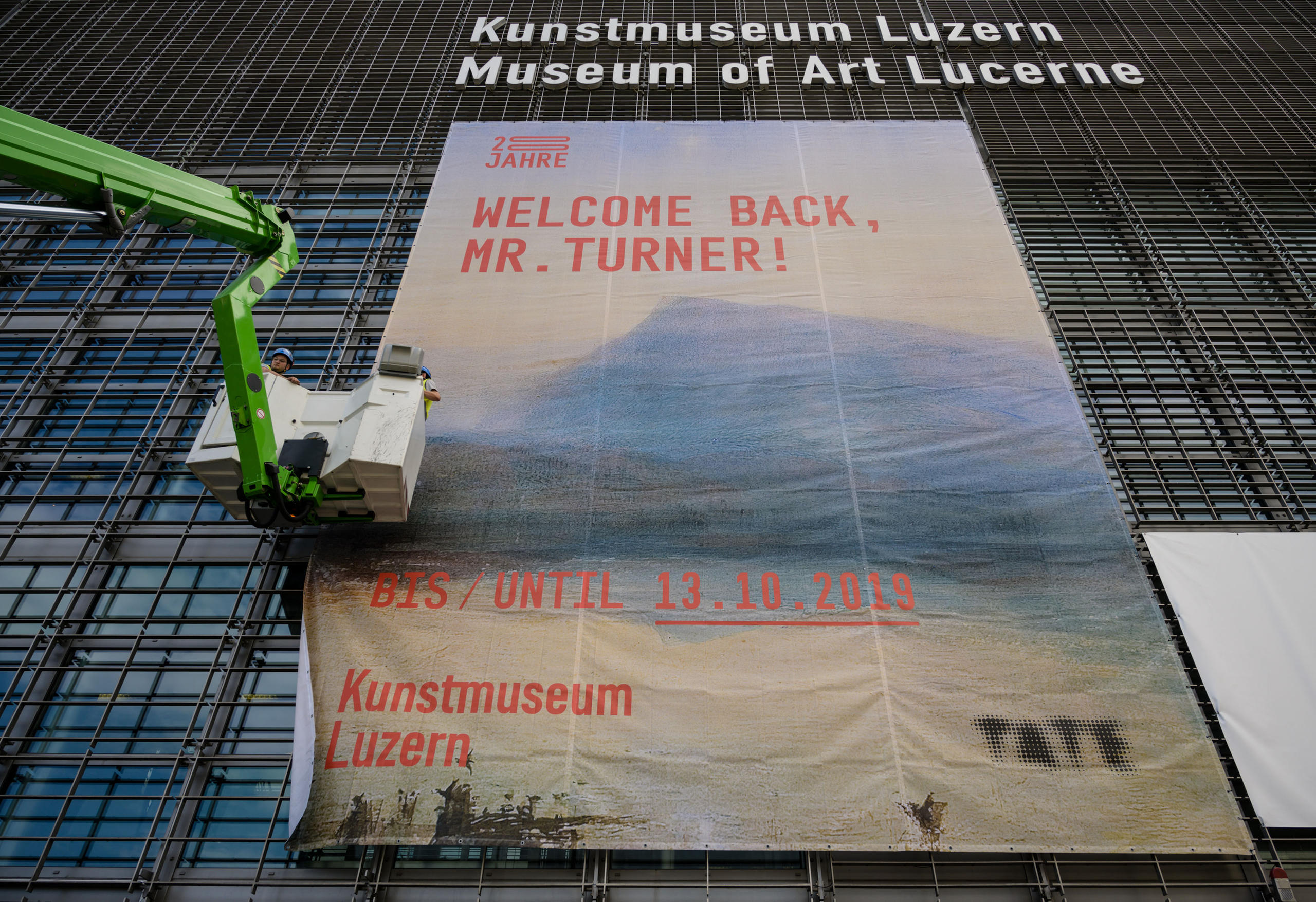
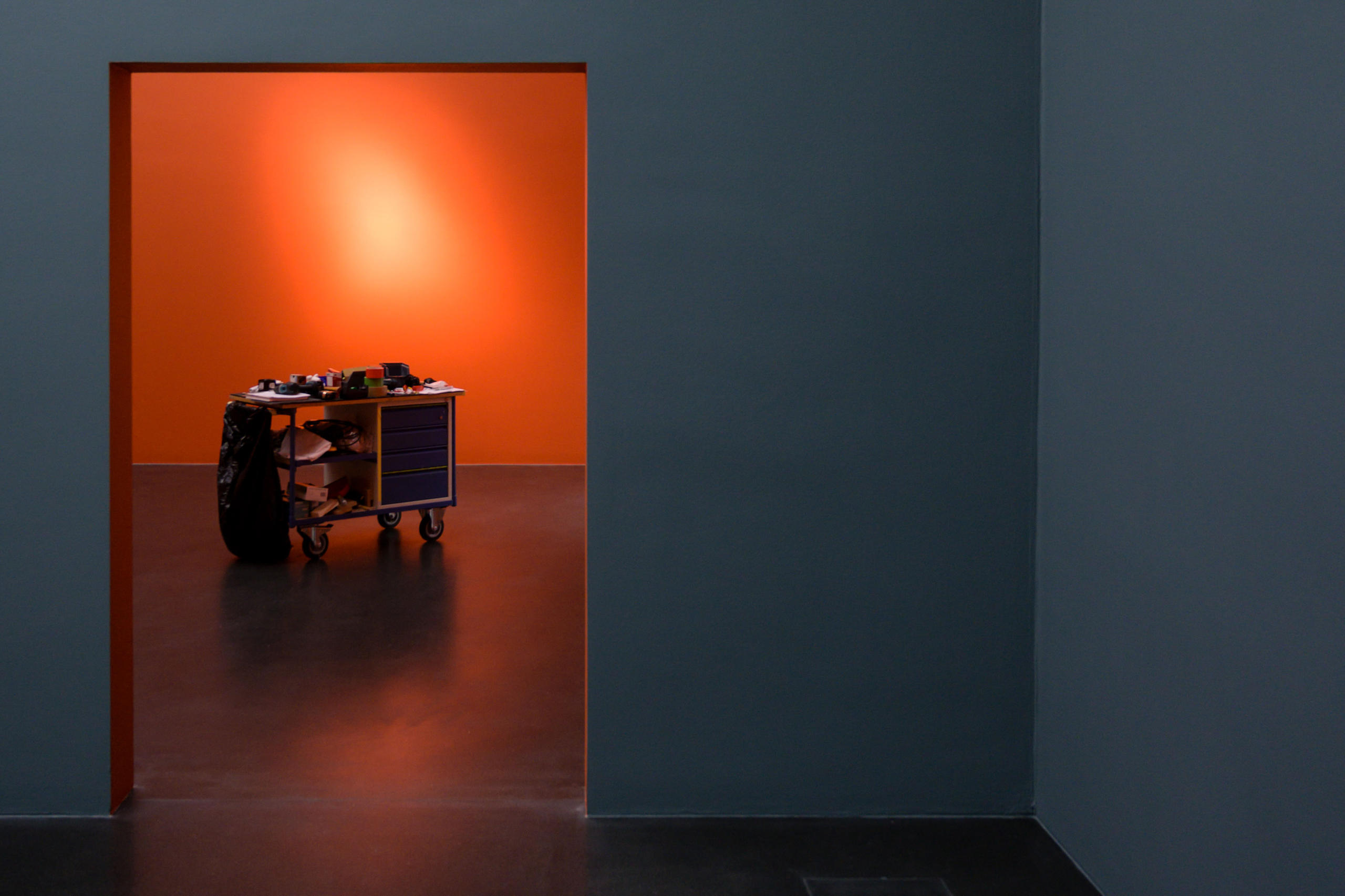
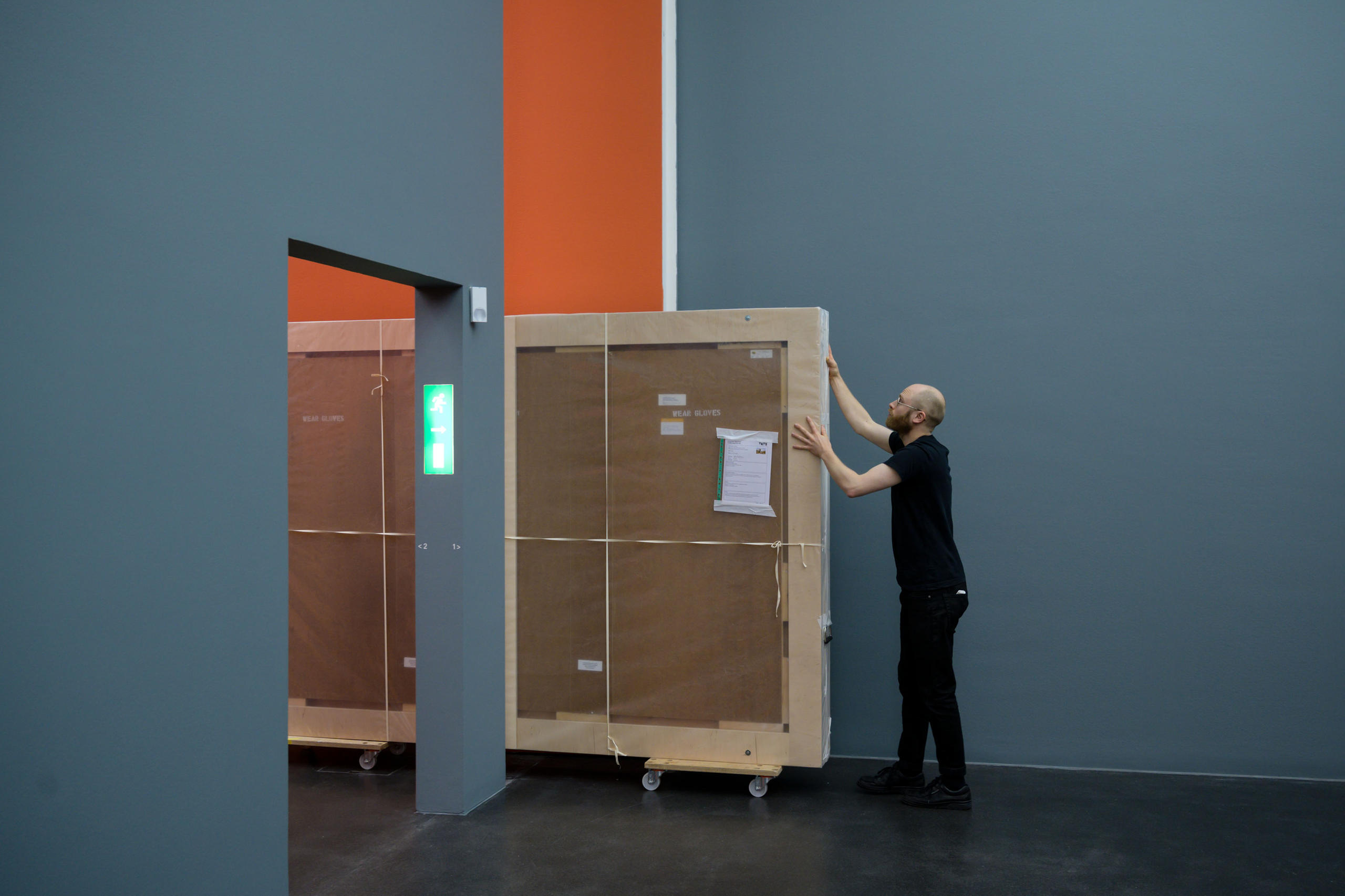
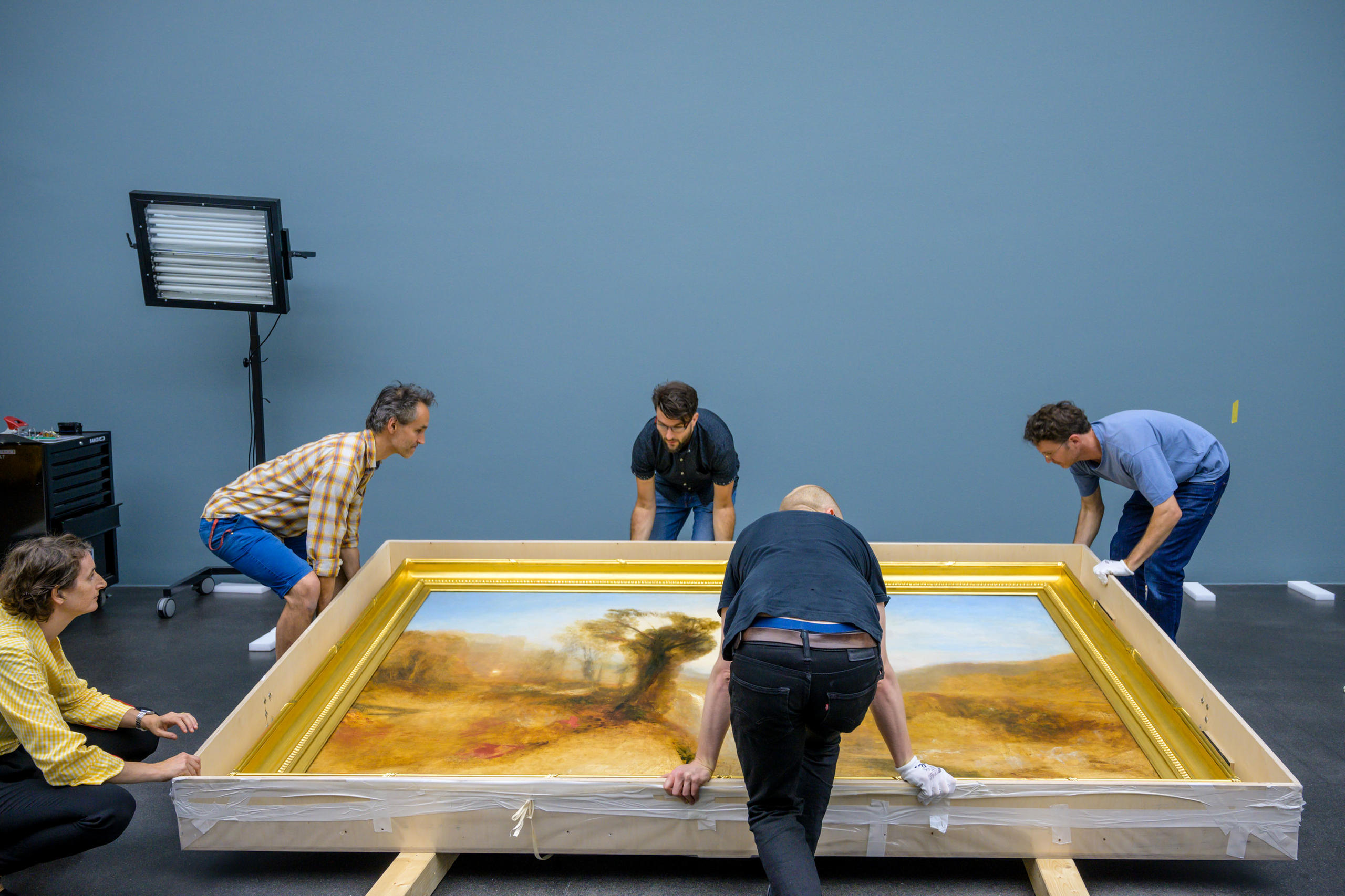
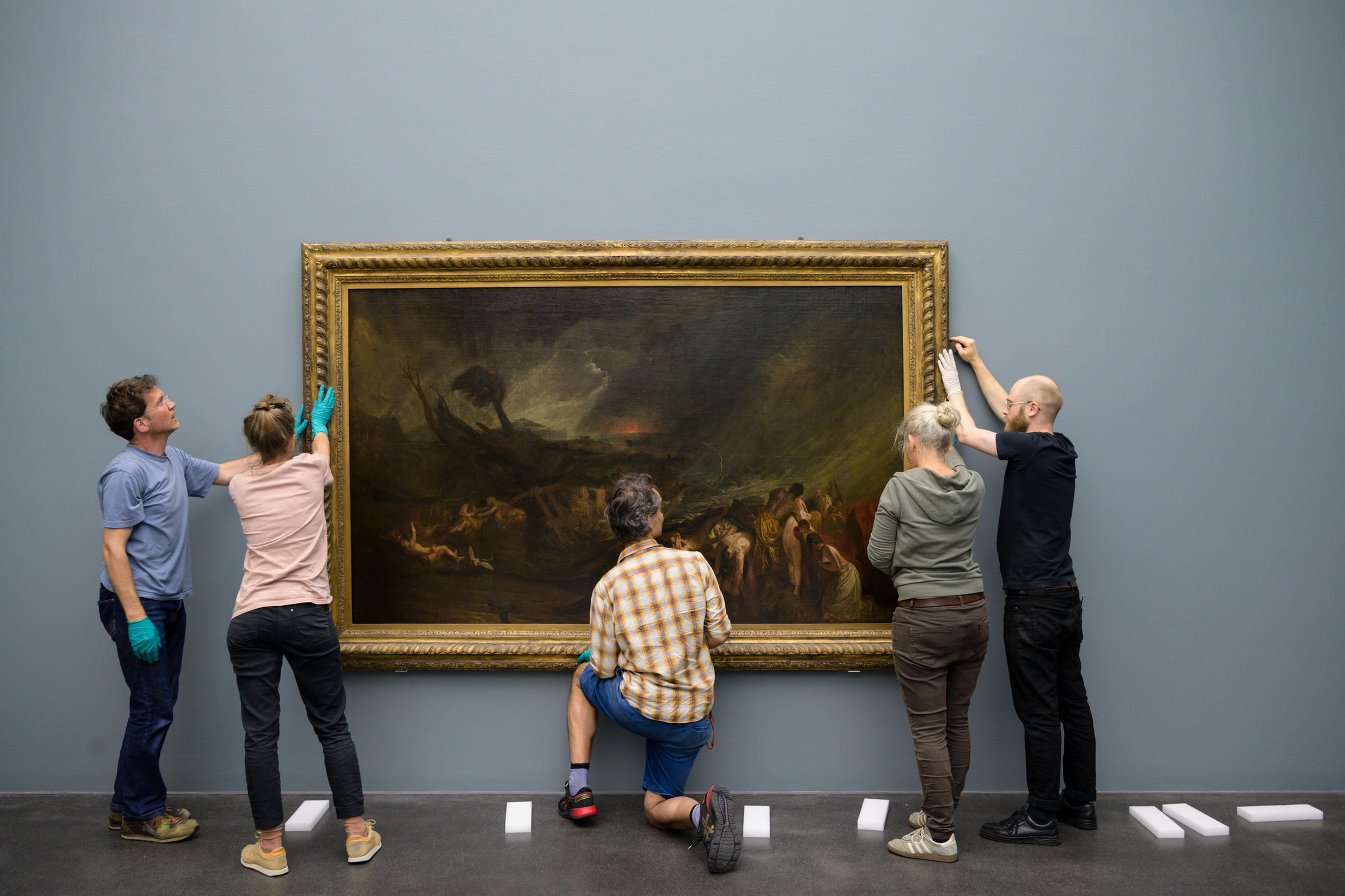
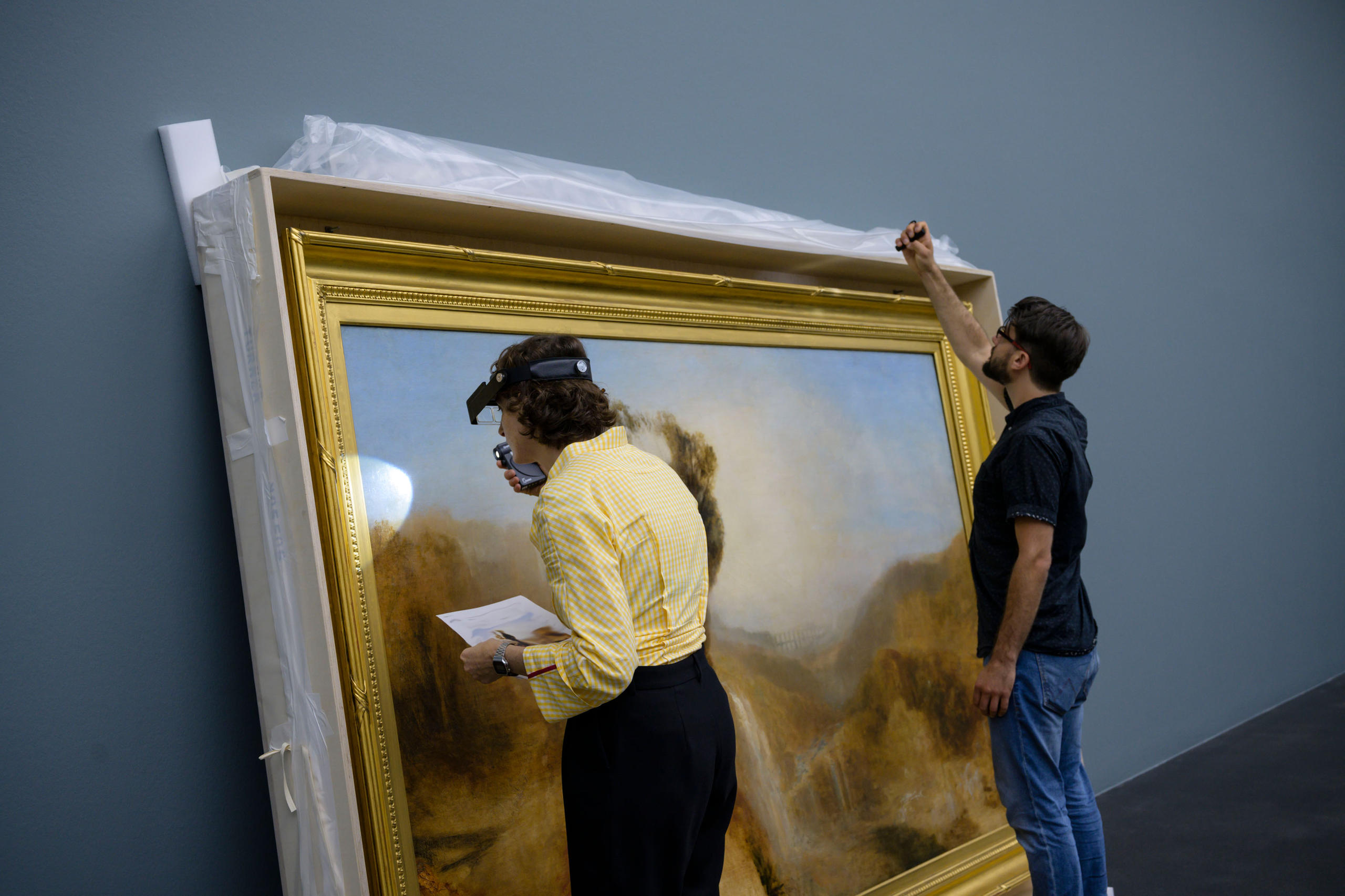
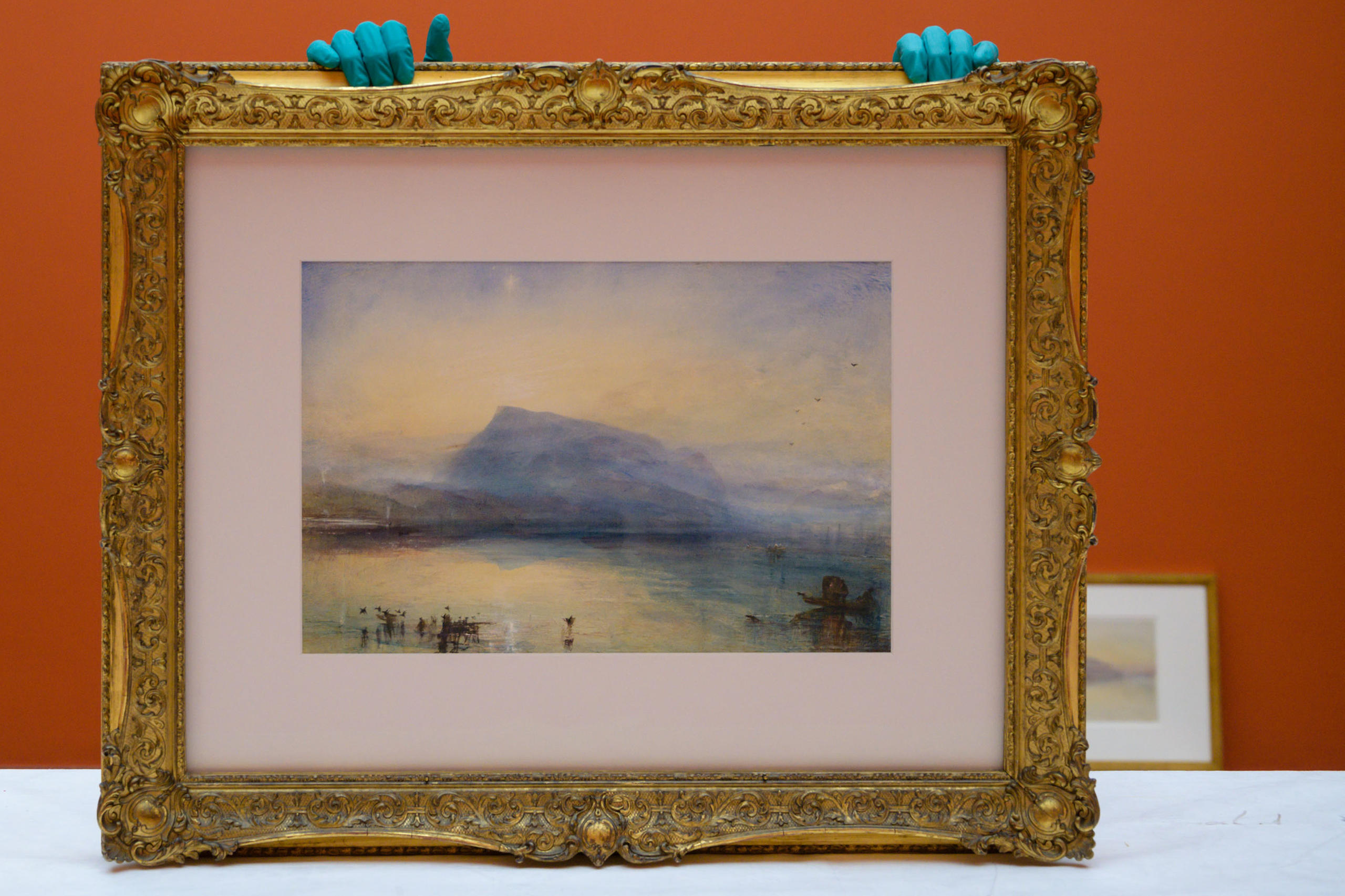
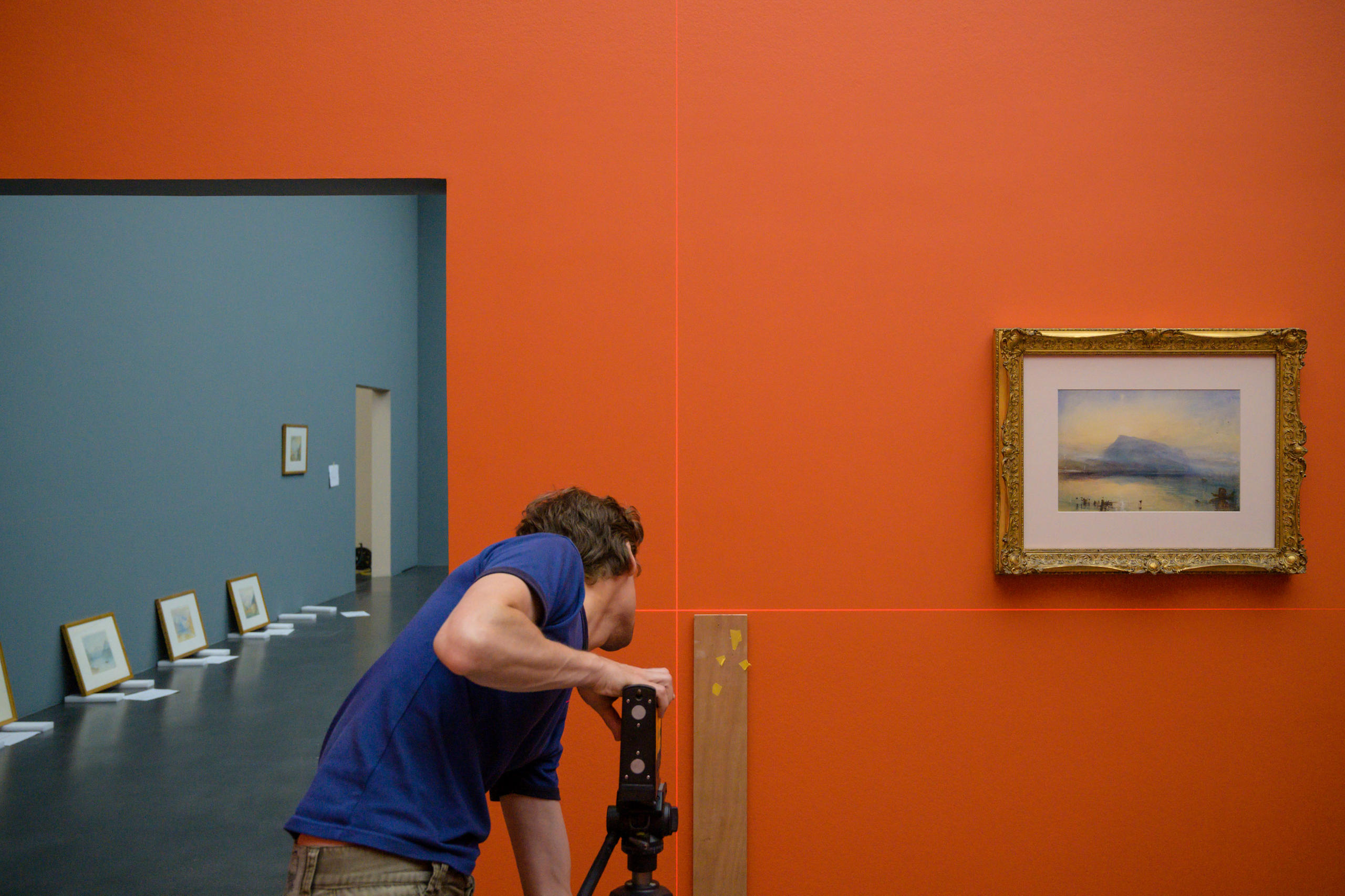
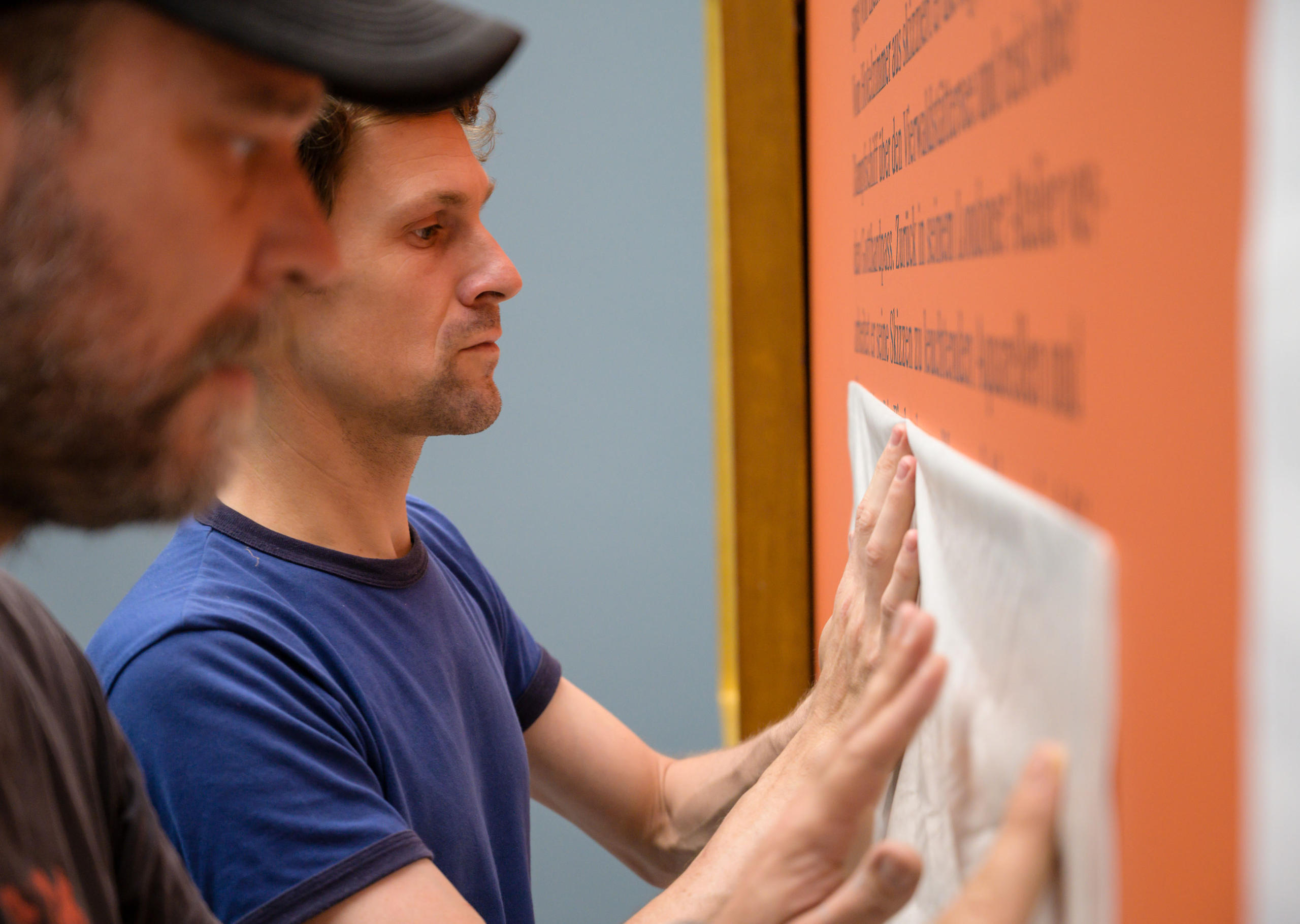
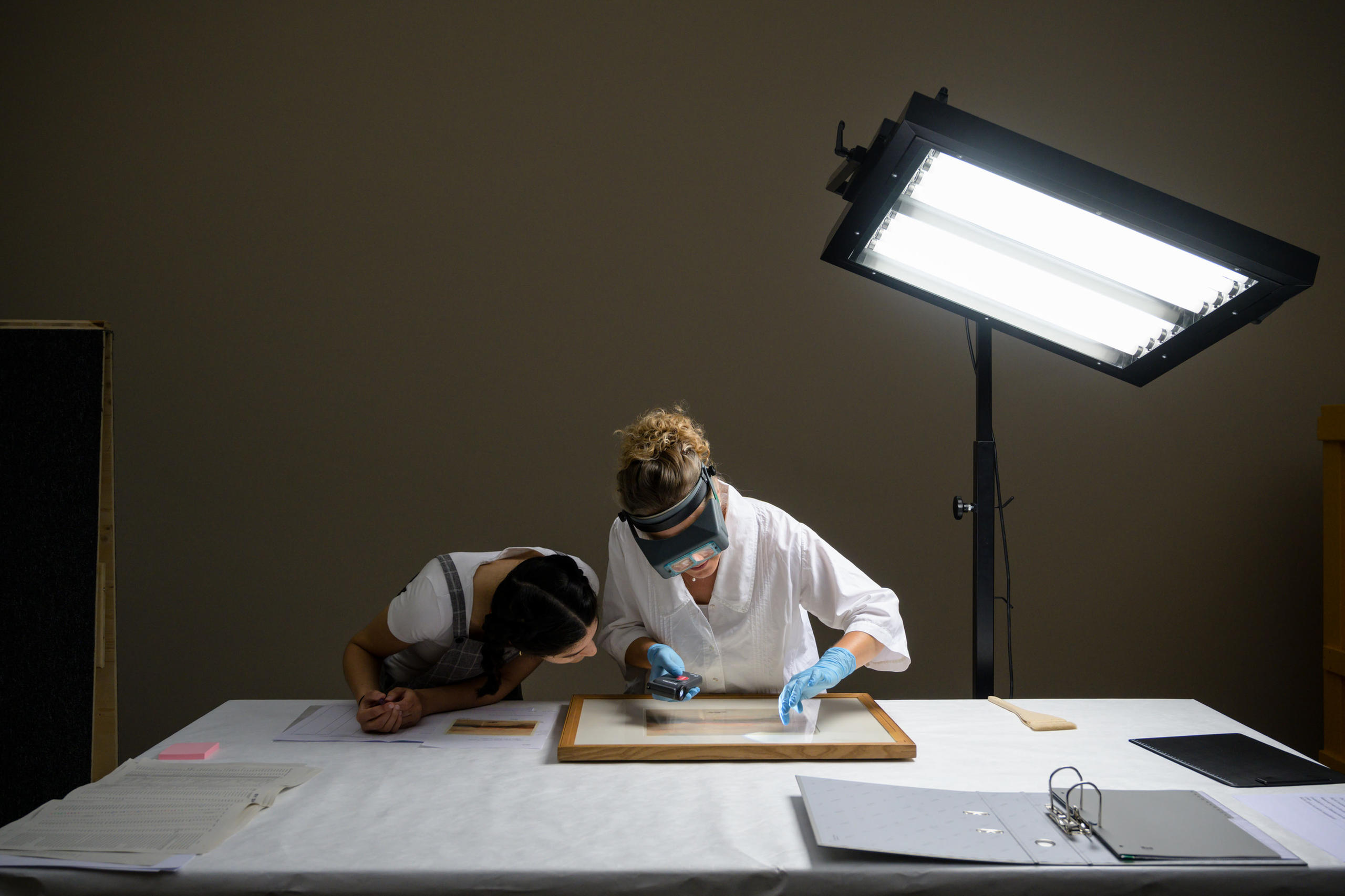
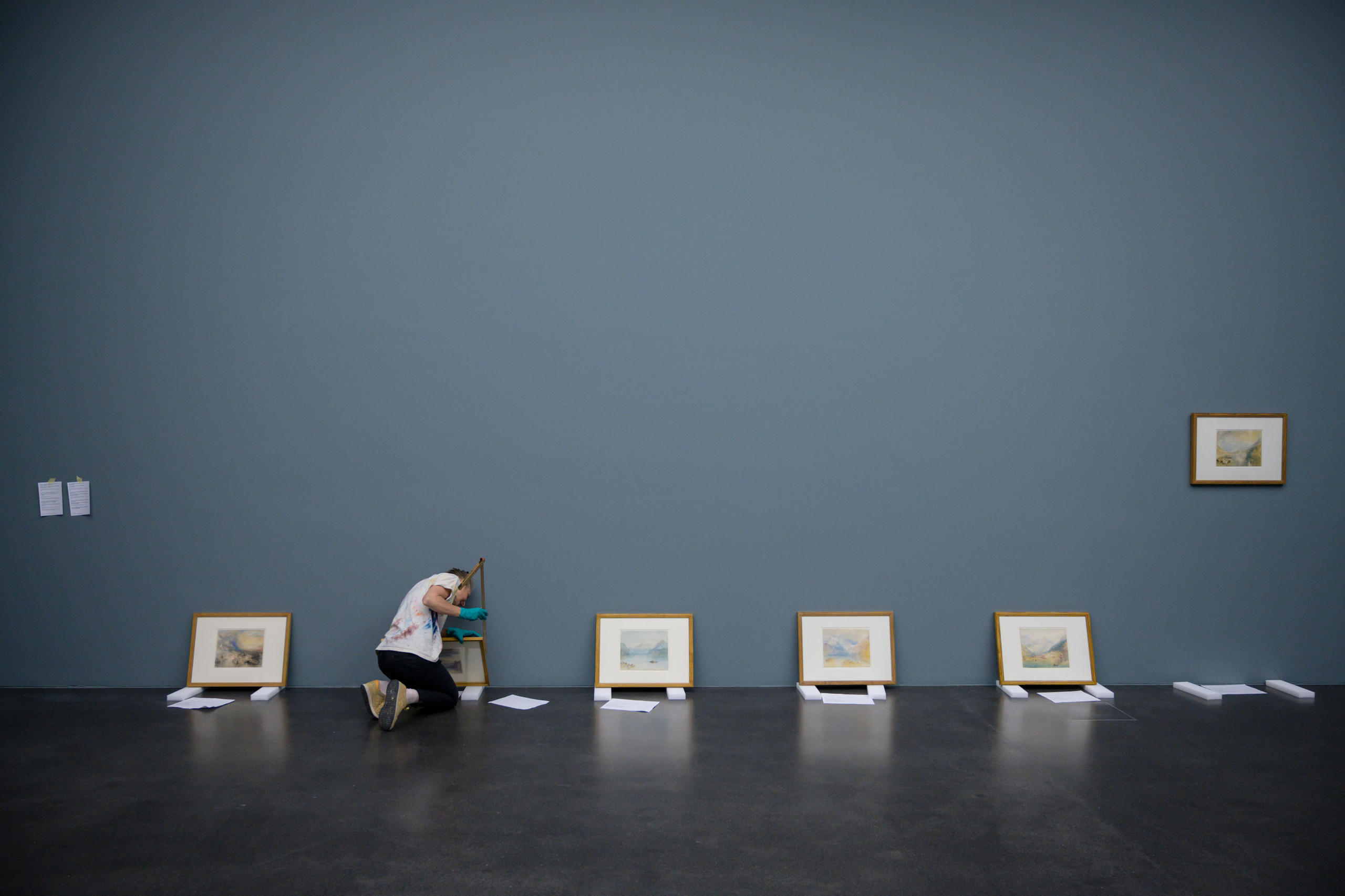
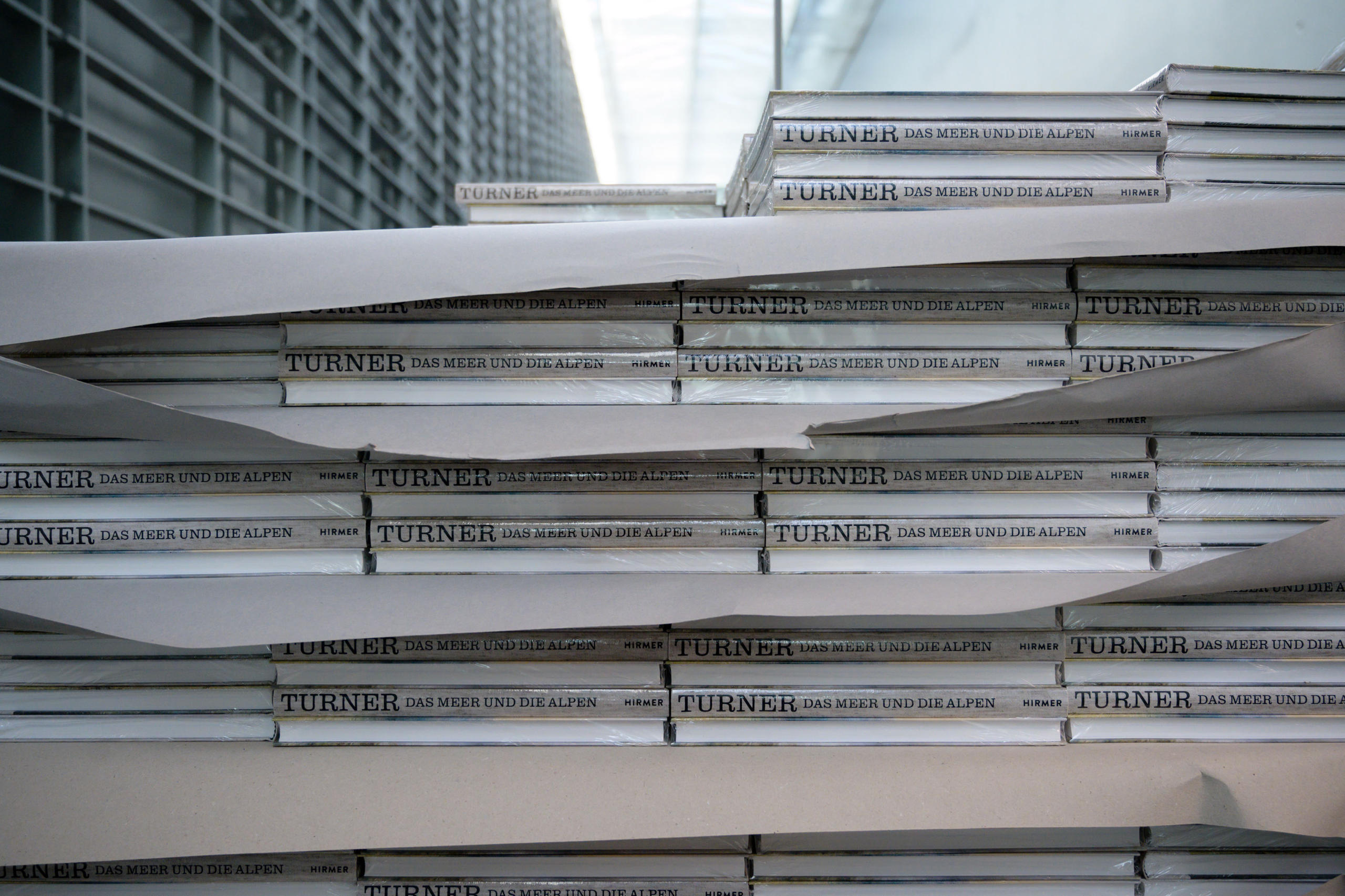
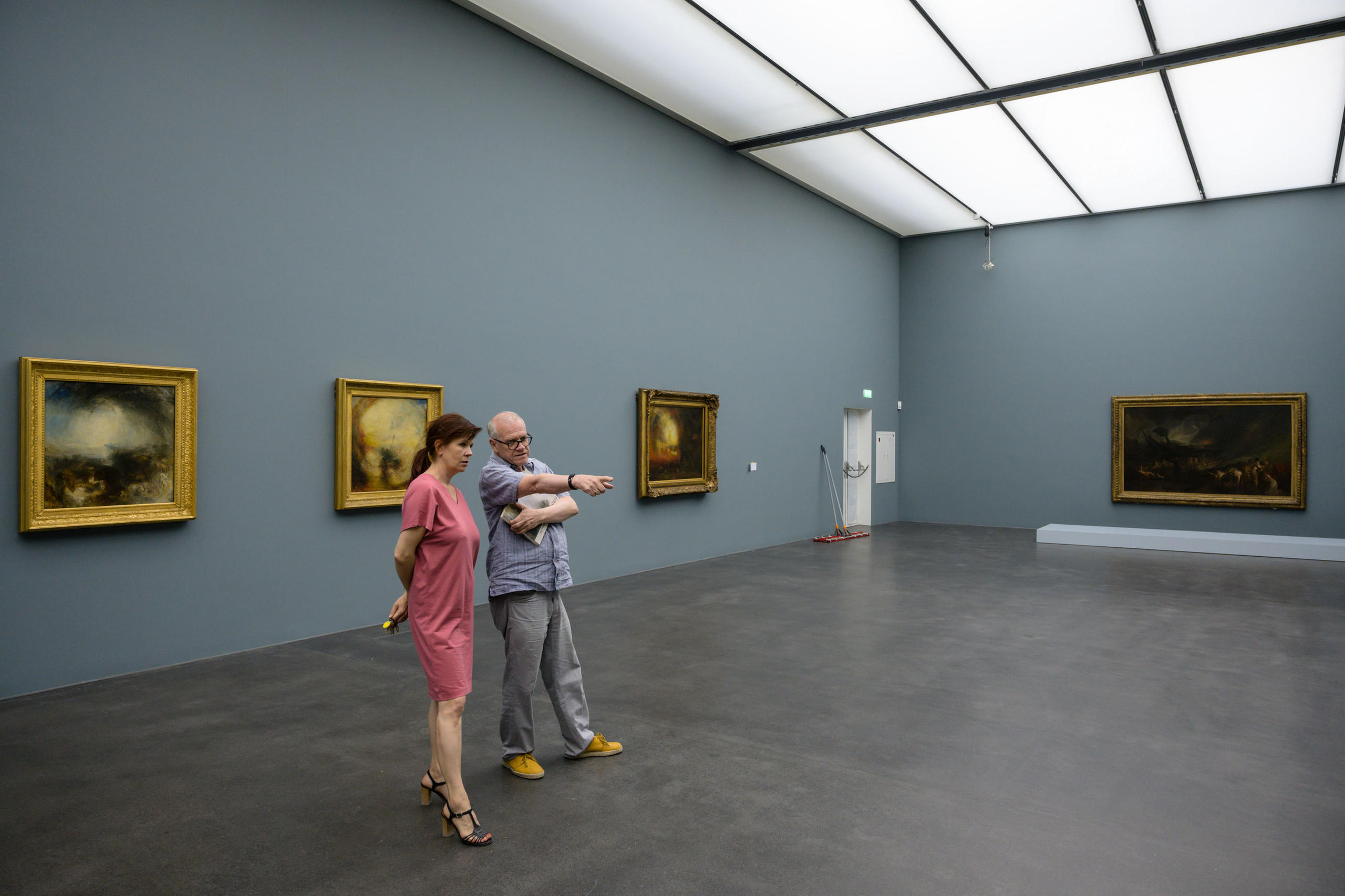
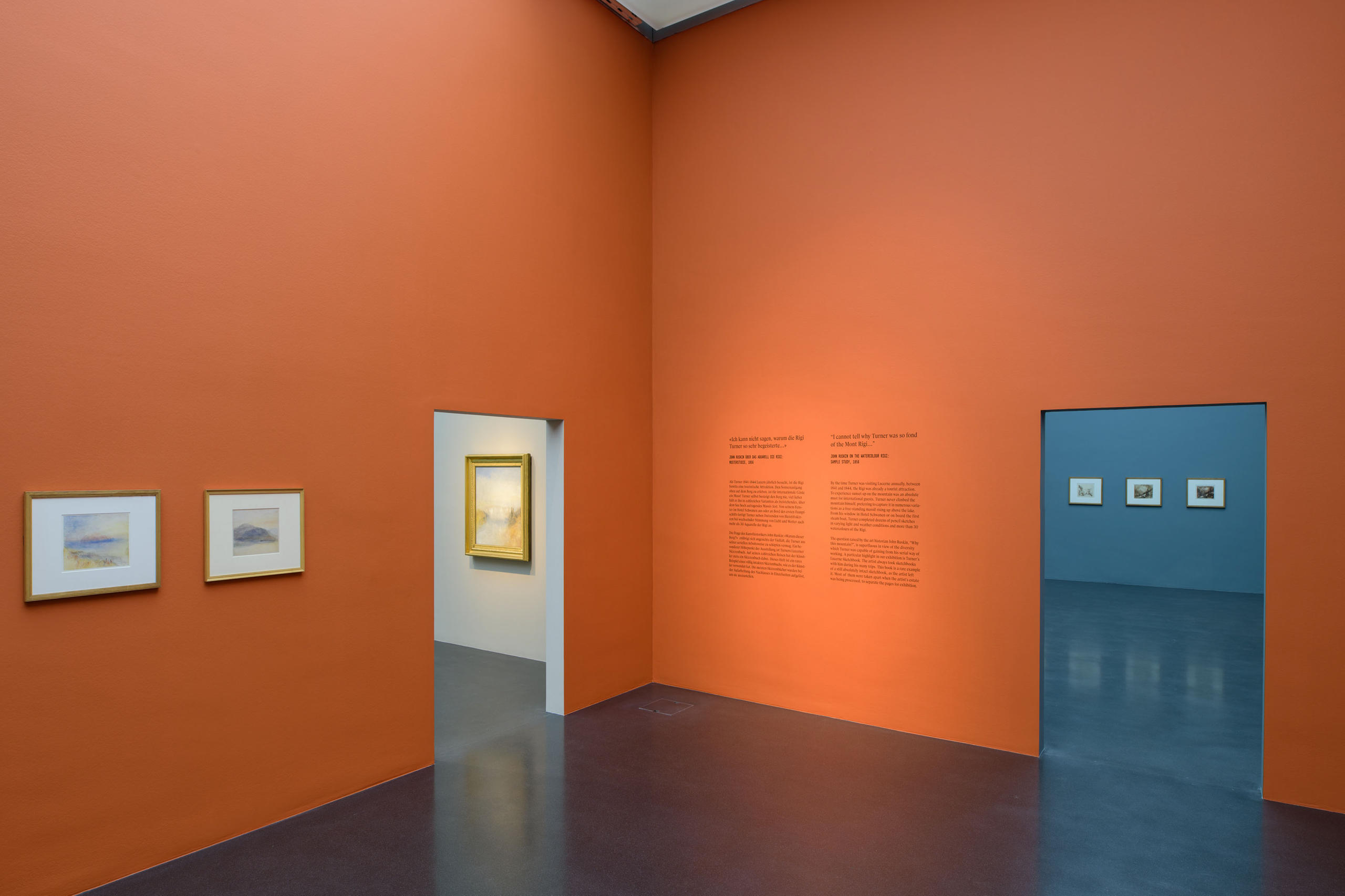

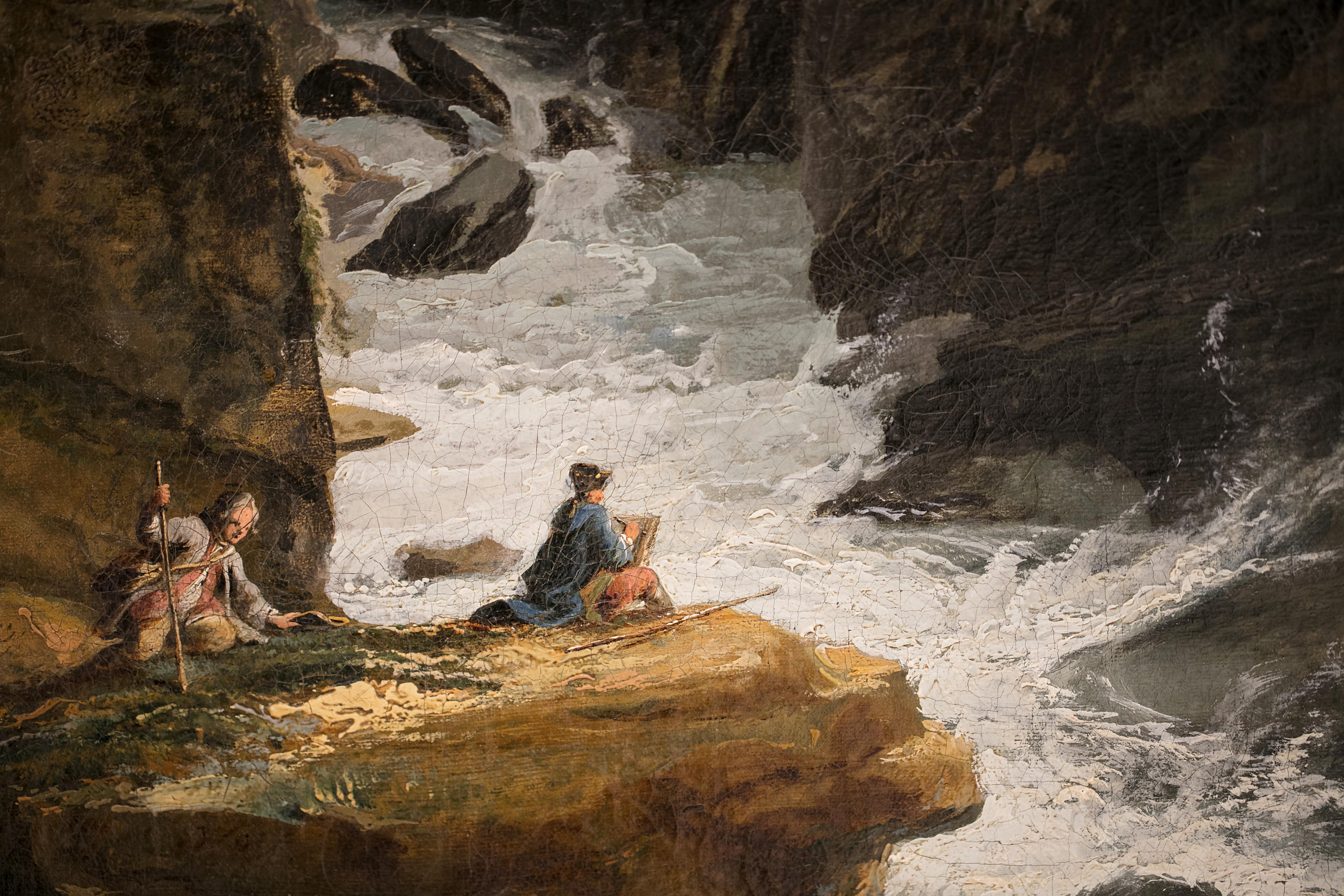
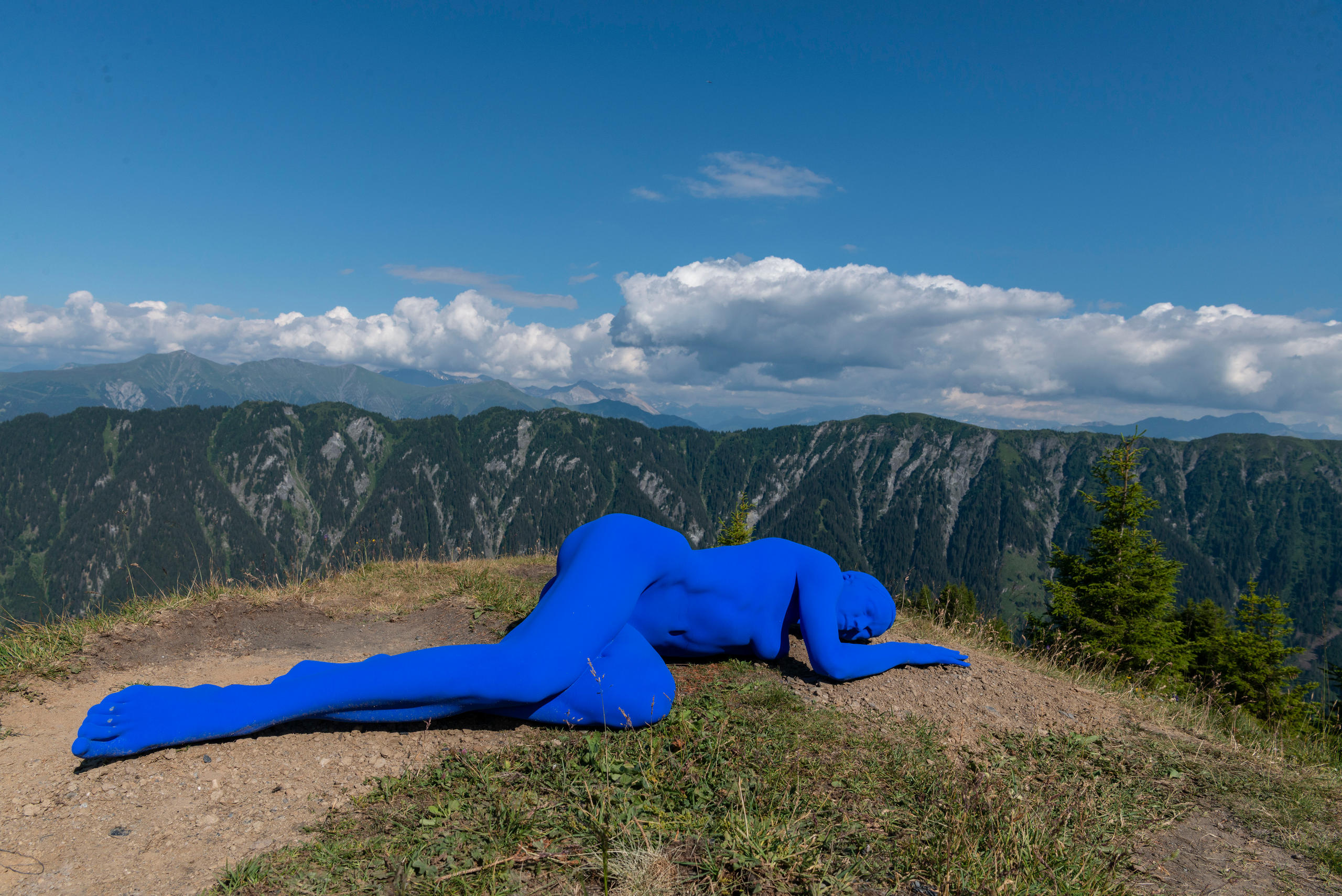
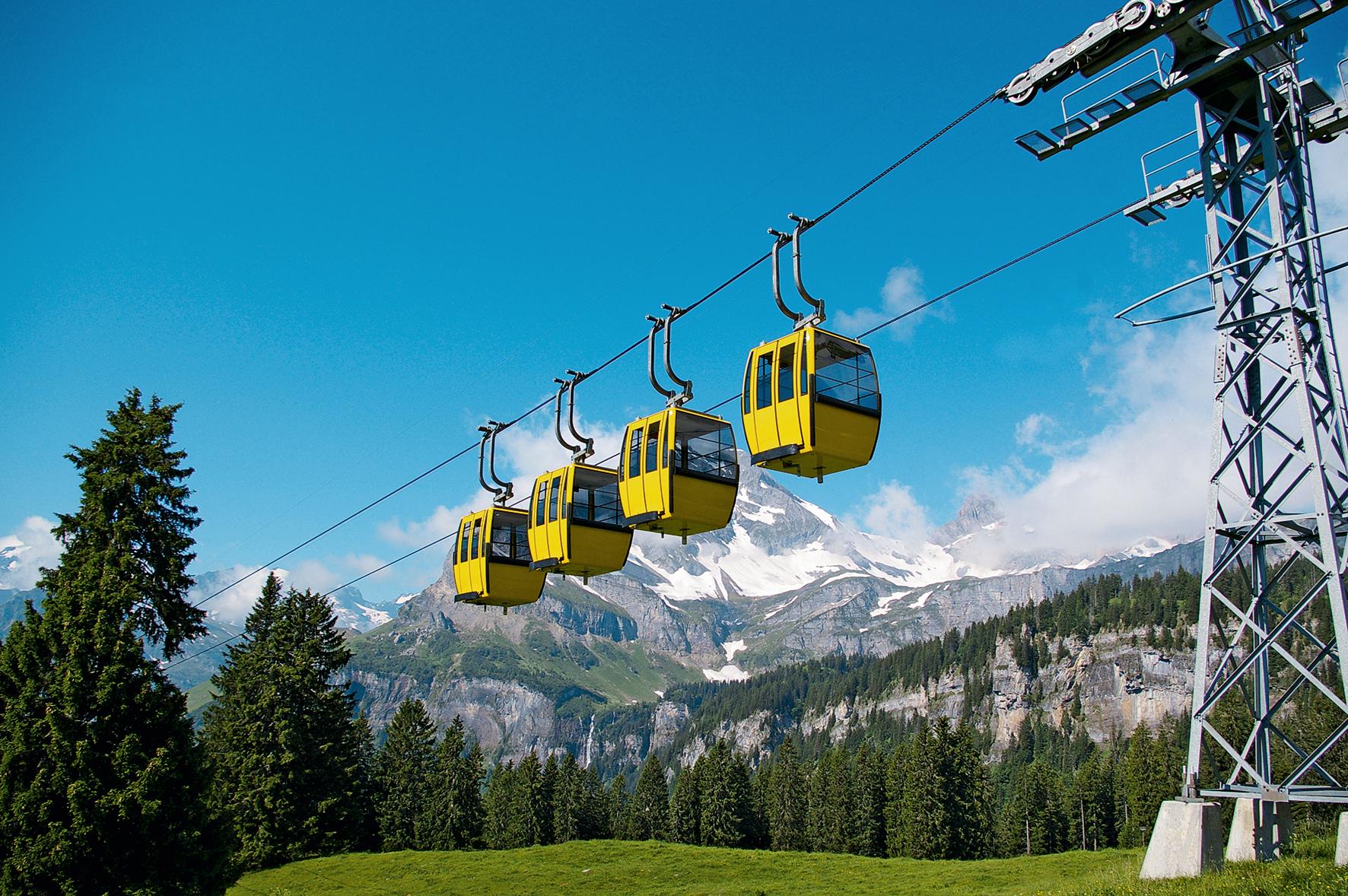
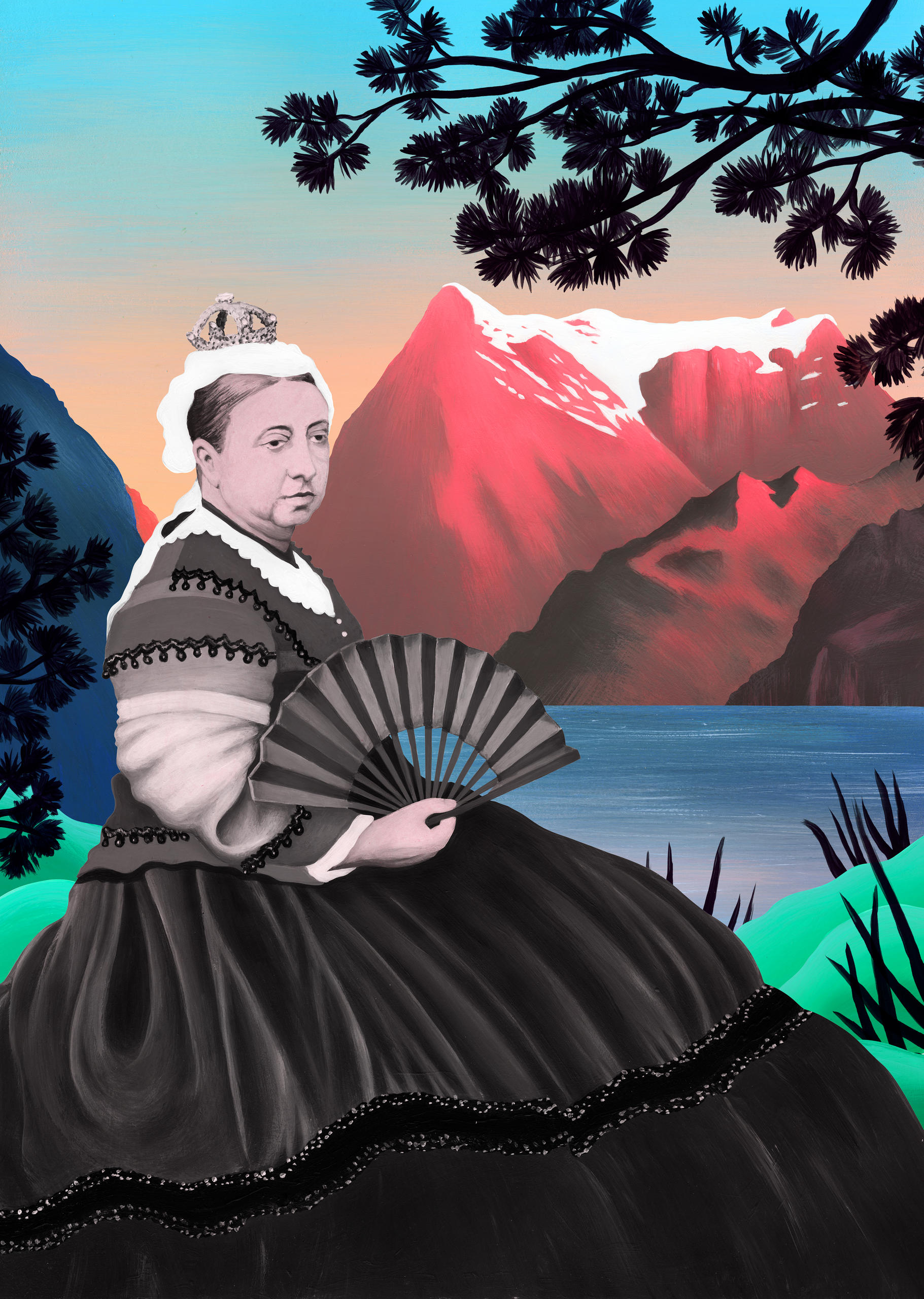
You can find an overview of ongoing debates with our journalists here. Please join us!
If you want to start a conversation about a topic raised in this article or want to report factual errors, email us at english@swissinfo.ch.